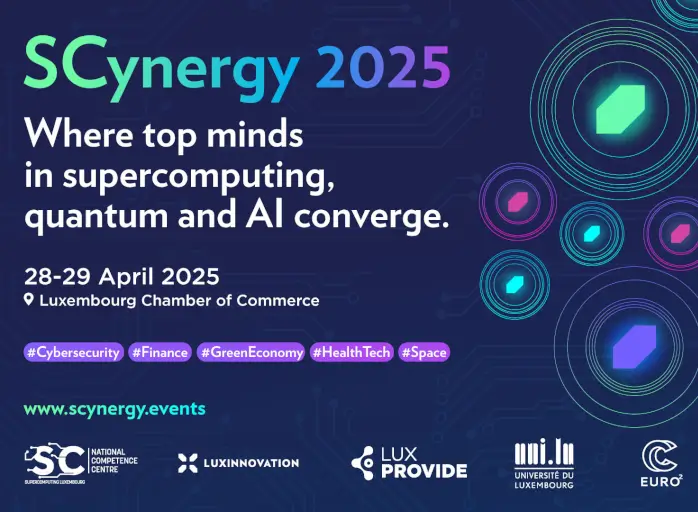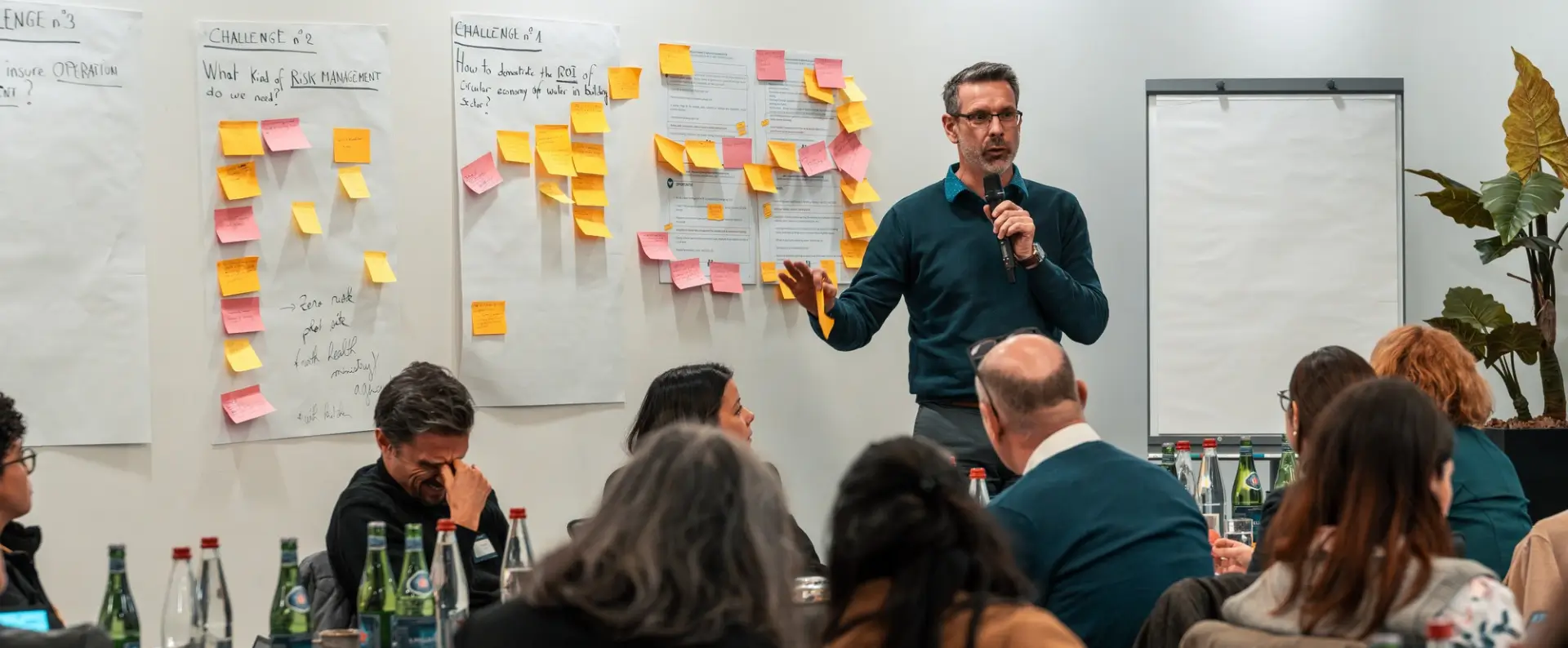


An ideation workshop highlighted half a dozen projects likely to improve the management of water resources in Luxembourg and the Greater Region.
 Jean-Michel Gaudron
Jean-Michel Gaudron
The sustainable management of water resources will become, over the years, a major challenge for all Western economies. In Luxembourg, as elsewhere, water resources are under pressure under the combined effect of climate change and population growth.
Better management and, above all, implementation of wastewater reuse approaches is becoming a necessity to reduce the pressure on groundwater and surface water. It is estimated that in Europe, 40% of industrial wastewater could be reused.
In very concrete terms, reusing water in industrial processes, with or without pre-treatment, or using its outlet temperature to heat or cool another step in the process, makes it possible to envisage substantial savings in resources. The same is true in the construction sector, not to mention the reduction in the risk of pollution of rivers or local biodiversity.
It is around these themes that some forty experts met on 10 December for an ideation workshop organised by Luxinnovation, in collaboration with the consortium partners of the Interreg Greater Green + project, funded by the European Union.
This is the first of the thematic workshops planned as part of this Greater Green + project, which aims to make the Greater Region a leading territory in the ecological transition towards a circular economy and in sustainable development. Energy, sustainable construction and renovation, recycling technologies and the bioeconomy will be used as a basis for subsequent workshops in 2025.
"The aim was to bring together experts, academics, users and people interested in the subject, in order to generate new ideas and respond more precisely to concrete challenges," explains Caroline Holz, Project Engineer at Luxinnovation.
While the relevance of the theme is not in doubt, the implementation of projects and solutions seems more difficult to grasp. "What emerged from the discussions is that technically, everything already exists. But the returns on investment of such wastewater reuse processes are still too uncertain, if not far off, to arouse immediate interest. However, we will have to address the issue," says Caroline Muller, Cluster Manager – Materials & Manufacturing at Luxinnovation, who coordinated the "Industry" part of this workshop. It must be said that water, as a raw material for industries, is currently cheap compared to its treatment and the facilities necessary for its treatment.
In the long run, we will all be forced to save water resources. We might as well have the right reflexes now.
Charles-Albert Florentin, Luxinnovation
One of the major lessons was that all the problems are very specific and therefore require a specific response. To duplicate and reproduce processes that would work elsewhere is hardly an option. "Adapting the available solutions to existing systems is not always possible. The water network is not always in good condition and it is not always mapped," adds Ms Muller.
The discussions of this working group identified three major challenges: technical (how to adapt existing green technologies for water reuse to aging plants), individual (how to optimise water consumption within the same company) and collective (how to manage wastewater from an industrial area).
Three project ideas emerged:
“In the long run, we will all be forced to save water resources. We might as well have the right reflexes now," warns Charles-Albert Florentin, Cluster Manager – CleanTech at Luxinnovation, in charge of coordinating the "Construction" part of this workshop.
Three major challenges were identified in this business sector: demonstrating the cost-effectiveness of circular water processes; achieving zero risk in terms of contamination (defining the physico-chemical parameters of water by type of use, carry out life cycle analyses of technologies, carry out systematic quality controls, etc.); and enabling effective management of operations, from upstream training to monitoring and taking responsibility.
This resulted in four concrete project proposals:
"In a way, it is now that everything begins, because it is now necessary for the actors directly concerned to take up these themes and carry out these projects," advises Charles-Albert Florentin. This ambition is perfectly in line with the philosophy of the Interreg Greater Green+ project to optimise resources and support the fight against climate change.